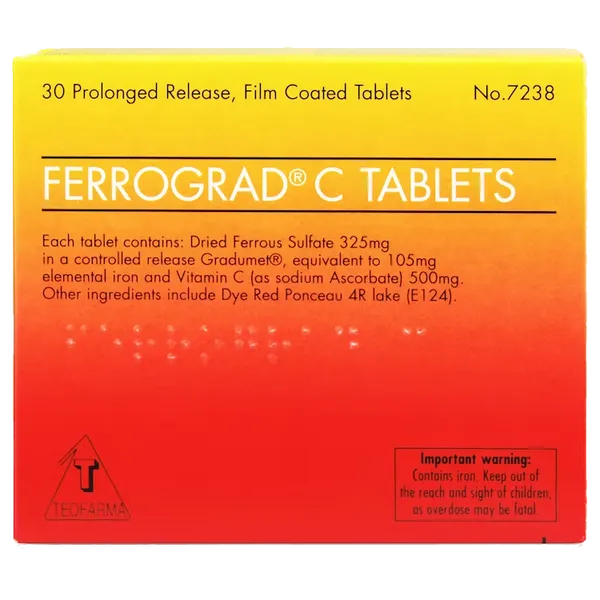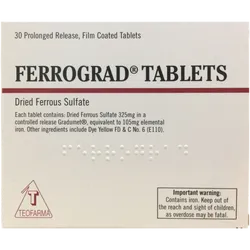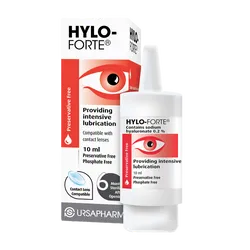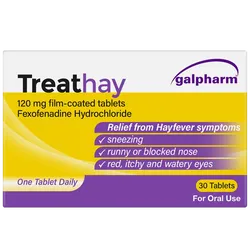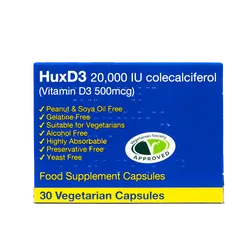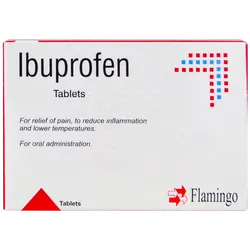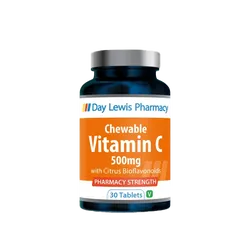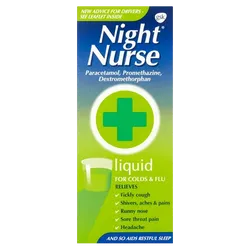This medicine may discolour the stools black or darker than usual. This is normal and not harmful.
This medicine contains iron and so should be kept well out of the sight and reach of children, as iron overdose can be fatal in children.
This medicine may give a false negative result with the clinistix test for the presence of sugar in the urine.
This medicine may interfere with tests used for the detection of visibly inapparent (occult) blood in the stools.
Not to be used in:
- People with anaemia due to vitamin B12 deficiency (pernicious anaemia).
- People with anaemia due to folic acid deficiency.
- Genetic disease resulting in too much iron storage in the tissues (haemochromatosis).
- People with a disorder that affects storage of iron in the body (haemosiderosis).
- People with a condition where there is sudden loss of haemoglobin (oxygen carrying protein in the blood) in the urine at night (paroxysmal nocturnal haemoglobinuria).
- People with other disorders involving haemoglobin, such as sickle cell anaemia or thalassaemia.
- People receiving repeated blood transfusions.
- People with an active peptic ulcer.
- Inflammatory bowel disease such as ulcerative colitis or Crohn's disease.
- Children under 12 years old.
This medicine should not be used if you are allergic to any of its ingredients. Please inform your doctor or pharmacist if you have previously experienced such an allergy.
If you feel you have experienced an allergic reaction, stop using this medicine and inform your doctor or pharmacist immediately.
Certain medicines should not be used during pregnancy or breastfeeding. However, other medicines may be safely used in pregnancy or breastfeeding providing the benefits to the mother outweigh the risks to the unborn baby. Always inform your doctor if you are pregnant or planning a pregnancy, before using any medicine.
This medicine is safe to take during pregnancy. However, you should check with your doctor or midwife if it is necessary for you to take an iron supplement during your pregnancy. Not all pregnant women need to take supplements; you may be getting enough nutrients from your diet.
There are no known harmful effects when this medicine is used by breastfeeding mothers.
This medication is to be swallowed whole, not chewed.
Medicines and their possible side effects can affect individual people in different ways. The following are some of the side effects that are known to be associated with this medicine. Just because a side effect is stated here, it does not mean that all people using this medicine will experience that or any side effect.
- Abdominal pain.
- Constipation.
- Diarrhoea.
- Nausea and vomiting.
- Loss of appetite.
- Darkening of stools.
If you get an upset stomach after taking these tablets on an empty stomach this may be helped by taking the tablets with food.
The side effects listed above may not include all of the side effects reported by the medicine's manufacturer.
For more information about any other possible risks associated with this medicine, please read the information provided with the medicine or consult your doctor or pharmacist.
It is important to tell your doctor what medicines you are taking, including those bought without a prescription and herbal medicines, before you start treatment with this medicine. Similarly, check with your doctor or pharmacist before taking any new medicines while taking this one, to make sure that the combination is safe.
Iron supplements can affect the absorption of a number of medicines from the gut, which can make these medicines less effective. For this reason, it is recommended that iron supplements are taken at least two hours before or two hours after other medicines, in order to minimise this effect. The medicines for which this is most important are listed below:
- bisphosphonates, eg alendronate
- eltrombopag
- entacapone
- levodopa
- levothyroxine
- methyldopa (iron tablets may also reduce the blood pressure lowering effect of methyldopa)
- penicillamine
- quinolone-type antibiotics, eg ciprofloxacin, norfloxacin, ofloxacin, levofloxacin
- tetracycline-type antibiotics, eg oxytetracycline, doxycycline, minocycline, tetracycline (these antibiotics also reduce the absorption of the iron supplements from the gut).
- Zinc and calcium supplements reduce the absorption of iron supplements. Separate the medicines by at least two hours.
- Antacids for heartburn or indigestion, such as magnesium carbonate, magnesium hydroxide, aluminium hydroxide and calcium carbonate may decrease the absorption of iron from the gut and thereby make the supplements less effective. Separate the medicines by at least two hours.
- Trientene, used to treat Wilson's disease, also reduces the absorption of iron supplements from the gut, making them less effective unless the doses are separated by at least two hours.
- Milk, milk-containing products, tea, coffee and eggs, may decrease iron absorption from the gut, while vitamin C (ascorbic acid) increases it.
